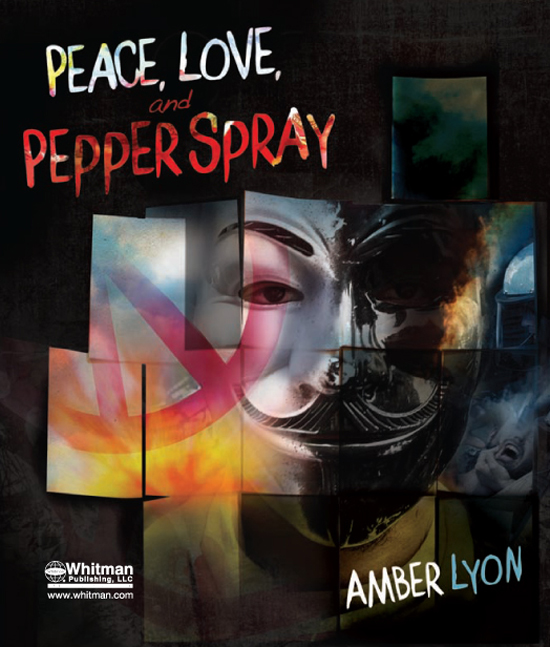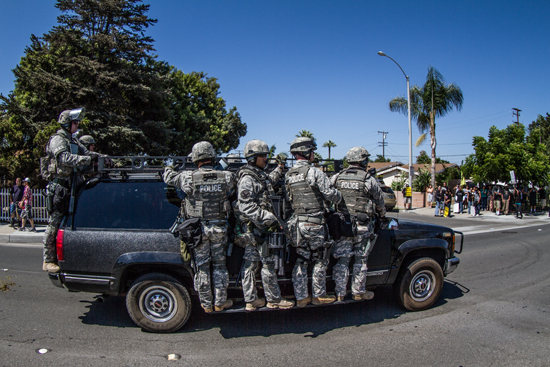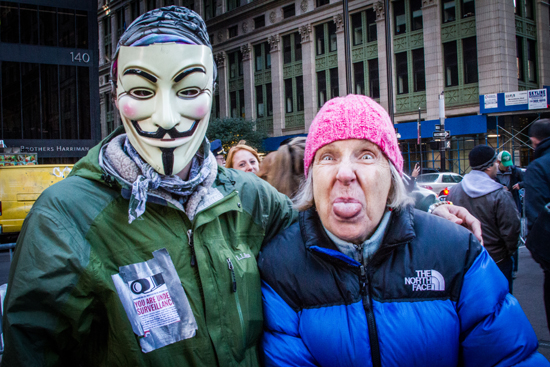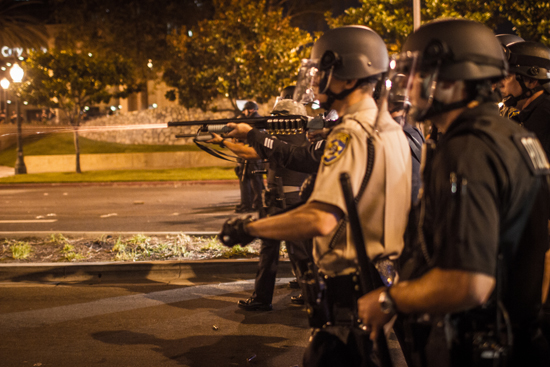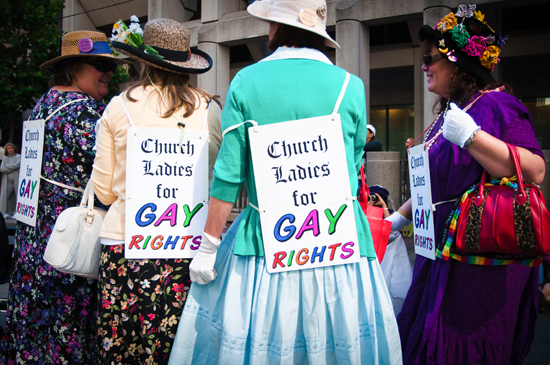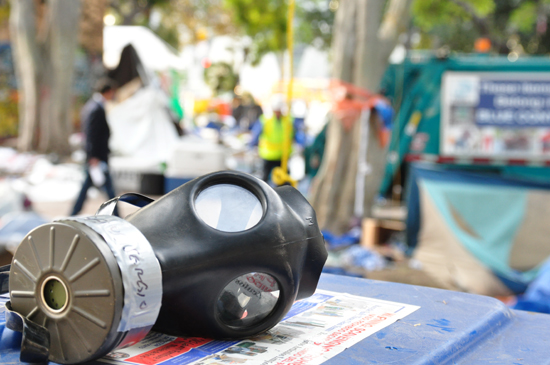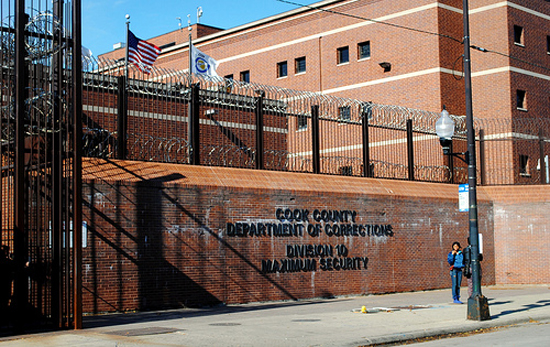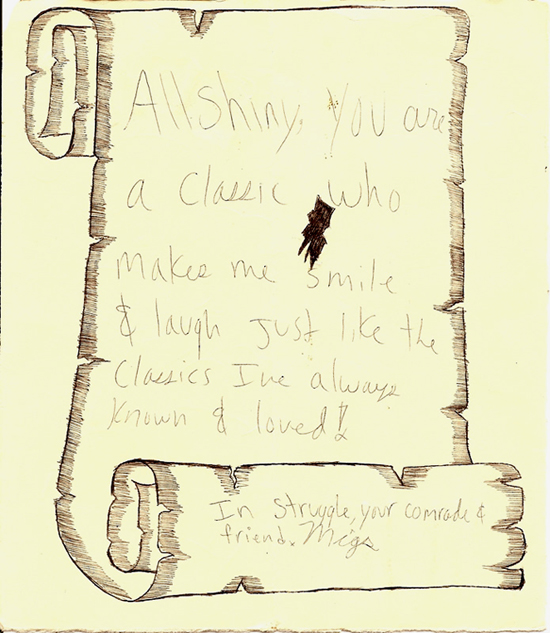Masterminds & Wingmen Author Rosalind Wiseman Talks Hooking Up, Raising Better Boys and How To Deal With Cyber Bullies
by Darrah de jour
Masterminds & Wingmen from James M. Edwards on Vimeo.
Author Rosalind Wiseman’s bestselling book Queen Bees & Wannabes was the inspiration for the film Mean Girls,Tina Fey’s hilarious and dead-on satire of high school hierarchies. Back when Lindsay Lohan could sincerely portray a wide-eyed new girl on campus, we all related as she struggled to fit in, be herself, and decode the oft confusing and conniving girl world. In Wiseman’s latest work, she turns her attention to boys; breaking the guy code for parents, educators and young men themselves. With suicide and incarceration rates of boys averaging five to eight times those of girls, this boy bible is needed more than ever. Revealing their capacity for deep emotional life, Wiseman, a foremost anti-bullying activist, offers an important foundation to better understand and communicate with today’s boys.
Darrah de jour: How did you get started as an educator and social justice advocate?
Rosalind Wiseman: Strangely enough, I started by teaching self defense to girls, shortly after I graduated from college. I fell into it, and started a non-profit. I very quickly got to a place of wanting to address the root causes of violence. I went into where girls and boys were and I ran a non-profit for about ten years. I wrote a curricula for social competence, bullying prevention, media literacy and ethical leadership that’s used in many schools and organizations to this day.
DDJ: I remember taking self defense and it had such a powerful effect on me. It even changed my dreams.
RW: Yes, makes sense to me. It’s so fundamental [to] our sense of power and self agency over our bodies. So, if we change that, and feel better about it, it really changes the way we walk through the world.
DDJ: Something particularly unique about your method of relating to teens is that you provide a safe space for them to share their stories and feelings. I remember after the Columbine shooting, when asked what he’d say to the shooters, Marilyn Manson famously replied, “I wouldn’t say anything. I’d listen to them. Which nobody else did.” What drew you to working with tweens and teens –– especially with relation to hot topics like bullying, self-esteem and cliques?
RW: This has been the only job I’ve ever had. I graduated from college and started working on these issues. Very quickly, as a young person in her early 20s, I was struck by how many adults were giving advice but weren’t listening to the kids. So the advice was not helpful. It was not reflective of what the kids were going through. It could be very patronizing. It’s an amazing thing to have to listen to advice from somebody who doesn’t know what they’re talking about. And if you try and argue or present a different point of view it’s perceived by some adults as being disrespectful. I couldn’t stand it. I couldn’t stand that we were teaching children but we were not doing our due diligence to present them with the best information possible. That included listening to them.
The other thing was that I was very concerned… I mean, we can tell people that they have the right to do something, but they have to be able to back up that right and navigate and advocate for themselves with really concrete skills. I was very focused on [the fact] that there were some kids that were above the law. Both boys and girls. They felt like they could do what they wanted with kids that didn’t have that kind of power. I wanted to be able to address those kinds of problems. If we had a chance of wanting school to be a safe place then we needed to address those problems.
DDJ: Absolutely. I grew up with a very dominant father who had an affinity for giving advice to me that was from left field. If I argued –– even if I was trying to connect — it was seen as disrespectful.
RW: When you have a parent who sees that kind of stuff as talking back, the kid develops two responses. One is that they learn to dominate like their parent did and that their opinion matters more than other people’s, or they learn to not advocate for themselves. Becoming an adult [for them] is learning to advocate for themselves, which is really tough stuff. If you talk about boys, you have so much cultural conditioning to take it, suck it up and deal. And then you feel incredibly lonely and you feel incredibly angry. And boys have such scripted rules on how they can express their anger. They sit on it, or they drink themselves into oblivion, or they punch a wall, or they go after somebody. It’s not fair. This is so fixable.
DDJ: You’ve written about the differences in “hooking up” and “hook up culture” between boys and girls. Can you outline some of the ways that hooking up affects girls and boys differently?
RW: First of all, hooking up means different things to different kids, and that’s totally fine. One of the things that really struck me when I was working with adult people, older people, was when we were talking about hooking up and I was talking about how a boy will feel really betrayed when he’s hooking up with a girlfriend or a girl he’s been hooking up with for a while, and then she hooks up with a couple of other boys and he finds out about it… the answer back was, ‘Did they have sex or did they not have sex? Did they have intercourse?’ I was like, ‘You don’t get it. That’s not the point.’ The point is that the boy felt betrayed. However he defines hooking up, it doesn’t matter. This whole thing that if you have sexual intercourse then it means more, or maybe a better way of saying it is, everything else doesn’t matter is totally ridiculous. It absolutely dismisses that person’s opinion or emotional reaction to the betrayal. So, here you have this 16-year-old boy who has a girl who messed around with him and three different guys and he has the right to be upset about this. Regardless of whether or not this girl had sex with these three other boys. That is a generational shift that is huge. So, you’ve got statistics that say teen pregnancy is down, rates of sexual intercourse are later, but I think –– and I think this is positive for the majority of kids –– that they talk about sex more easily with each other. As a boy, you know that a girl you’re hooking up with could hook up with someone else. And based on her social status, frankly –– and this is where the problem is –– she’s either gonna be able to hook up with whoever she wants and have no social consequences whatsoever or her social status will increase. Or, if she has low social status, then she will be really vulnerable to being attacked and dismissed, ridiculed and degraded as being a whore or a slut.
The majority of boys want to have sex, they want to hook up with people, but at the same time, just like girls –– you know girls want to hook up, have sex, mess around and not have responsibility, but those same people, the next day, might want something that’s really emotionally engaged.
DDJ: Is hooking up ever a good thing?
RW: I want teenagers to be able to come into their own sexuality in a sex positive way. The only way to do that is for young people to understand why that’s so hard and how that’s so hard in a gendered way. The legacy and the baggage that girls have about [that is] what stops them from being sex positive. I want girls to understand how to go up against somebody that attacks them for being a slut or a whore. I want a 13-year-old girl to clearly understand that a 17-year-old boy who’s asking her to go hang out with him for the night is somebody who wants the power dynamic to be in his court. That he’s going after her not because she’s cute but because she won’t be able to say no. I want the boys to understand that they also have the right to say no. That they don’t have to say yes to every single sexual advance that comes their way. I want boys to understand why girls are so unclear about what they do and do not want in their sexual interactions with them.
For girls and for boys, after girls have been sexually assaulted, these [are] things that we see when people pile on the victim and say, ‘you’re a whore, you’re a slut, how dare you come forward.’ I want them to understand that they are literally being co-opted into this system and participating in the degradation of someone. In the absence of that context, they fall prey to this really regressive kind of conversation –– or lack of conversation –– that adults rarely have with young people.
DDJ: I’m nodding emphatically over here. Let’s get back to that topic. You claim that boys have a deep emotional life. I’ve always felt that the traditional socialization of boys hampers their future evolution, which contributes to unhappy marriages, workaholism, and feelings of depression and alienation as men. How can we free boys’ ability to express emotions, without emasculating them?
RW: The women in their lives need to be strong authority figures with a good sense of humor, who have no problem saying, ‘Yeah, that — whatever that thing it is you just did — that is over the line. No, I don’t give a shit if you think I’m being uptight. Fuck off.’ And then laugh about it. To be able to handle when boys are pushing boundaries. As a mother I think it’s really important to deal with the legacy that we have around being in the presence of a man who is angry. There are women who are abusive to men, certainly. But being in the face of a man’s anger and capitulating or –– and we get this from any of our relationships –– the idea that it’s more important to maintain the relationship you have with somebody than how you’re treated in that relationship. Both boys and girls can have that in their friendship groups.
When mothers capitulate to their sons and don’t hold boundaries with their sons, their sons stop respecting them as an authority figure for everything and they lose the relationship and the intimacy that they wanted in the first place.
[Boys] don’t want to be emotionally stunted. At some point boys forget that they have the right to have a rich emotional life.
For dads, I think they’ve bought into the stereotype of boys being stupid and only caring about eating nachos and having sex. I do know that there are a lot of boys who want stronger, richer relationships with the men in their lives.
DDJ: As you know, I covered the Steubenville rape case for SuicideGirls. That case, and the gang rape and murder of a medical student in India, pushed the subject of sexual assault into the limelight and served as a trigger for a lot of people. These ghastly events proved to be pivotal ones. The accused Steubenville teens were convicted and new conversations around teen drinking and non-consensual sex were started. Furthermore, laws changed in India because of fervent activism there. How can young men form healthier attitudes about young women when so many societal signals – including those in the media –– cultivate violent and objectifying ones?
RW: The sound bites we give boys like “make healthy decisions…” If I could stop an adult from ever saying “make healthy decisions” again I would feel my job is done. I’m serious! (Laughs.) It’s like, do you hear how inane you are? Do you understand the complexities of life, and you think “make healthy decisions” is an appropriate and effective response? Yeah, sure.
My answer is, get away from sound bites –– which includes “You know, no means no, right?” It’s an important sound bite. Adults need to say that to boys, but they have to say it in a context, which is: if you are somebody who likes to party –– and I’m not going to judge you on this right now that’s a whole different conversation –– but if on chance, you like to socialize and that socializing includes alcohol or drugs and people taking pictures of each other doing things that are embarrassing or stupid, sober or drunk or high, if you do that and you’re a part of that situation and you see something that’s going off the rails, or you’re with somebody that is drunk, maybe not crazy, falling over drunk, but you’ve seen them at five other parties but they’ve managed themselves… We need to provide that kind of context. ‘No means no,’ I get it, but you need to understand there’s a reason people can communicate unclearly in those moments and they can say “maybe.” Maybe is not yes. Maybe, I don’t know, my friends are downstairs. When a woman says ‘my friends are downstairs’ that doesn’t mean she wants to have sex with you if her friends weren’t downstairs. That actually means she wants to leave. But how do you say that to a boy? Nobody talks about rape. But if we say “no means no” as a soundbite, a boy is going to think, ok, a boy is sober, a girl is sober and he’s forcing her down and she is saying stop, stop. That is not the way that most of these rapes are going down. So we need to give them a context for it.
Second thing is, we have to stop giving boys crappy advice about relationships, like girls put holes in condoms. Hook up Saturday, abort on Sunday. We have to recognize that boys are getting awful, awful advice from people in their own lives, not just the media.
We need men turning to the boy in their life during a commercial break and saying, ‘You’re in tenth grade now. You went to that party Saturday night and I’m not asking you what happened, but I just want you to know that stuff is complicated. I remember a friend of mine hooking up with a girl that I really liked and I didn’t know what to do about it. If you ever want to talk to me about it, I’m here.’ And a couple hours later, that boy’s probably going to say, ‘Hey, tell me that story again.’
DDJ: I was talking openly with a guy friend of mine… He said sometimes it’s confusing because a girl will say no, but she’s laughing and he doesn’t know if he should keep going or what. The messages guys are getting from their peers and maybe even their father is just to continue and the girl will eventually give in.
RW: Girls laugh because they are uncomfortable or they don’t want to be perceived as… you know that whole slut crap baggage is in your brain. Or you pretend that you’re clueless that this is happening, like ‘What? You want to have sex with me? Are you kidding?’ But that’s that slut language that’s in our head that makes it much harder for us to communicate clearly. Or you’re laughing because you’re nervous and you really don’t want to be doing this. And that’s what parents need to talk about or else they’re setting their children up for misinterpretation and assault.
DDJ: Do you do any work with gay, bi and transgender youth? How do their needs differ from those of their straight counterparts?
RW: Everybody wants to feel loved and acknowledged. It really varies by community. Some schools and communities are like, ‘Great.’ It’s not going to really do anything. Those boys would be able to talk to their straight friends about their relationships and be fine. There are schools in this country where that’s possible. Then, of course, there are places where you can’t do that and you’re ashamed and run out of town. It really depends on where you’re coming into your own and how stable your home life is. Because I’m straight and a female and married, it was always really important to me to be as adamantly outspoken as I could to support these kids and their rights.
DDJ: In Masterminds & Wingmen you cover topics like porn and video games. How much do you think male teens’ access to video games and free online porn, with little conversation about the reality of lovemaking, femininity, and the female experience, affects their interactions with girls?
RW: They’re gonna say it doesn’t. I get into very big debates with the boys about this. You could show me studies that say killing a prostitute in Grand Theft Auto 5 and then taking back the money that you gave her for her services does not impact your respect for women. I don’t really care. Boys that I really like and respect will say to me, ‘This has not affected my relationship with women and girls.’ They are modeling in my relationships with them their point. I respect what the boys are saying. But that and the torture part of it is where my line is. I don’t have a problem with first person shooter games. The thing I’m much more worried about is that online you’re calling girls fat, whore, slut, pig, whenever you hear a girl’s voice come online when you’re playing a multi-player game. You want to take the argument with me that this doesn’t disrespect girls, well then, the next time you’re in the middle of a game, and some guy starts flaming and trolling a girl you get up and you say, ‘No, this gamer girl has a right to be here, shut up!’ And, they’re not. They’re not coming to the girl’s defense, they’re not reporting the troll. You make those toxic environments in those games. It could be any game. If you stand up for a civil dialogue in those communities, then I will stop getting on your case about GTA 5. But, until then, come up with a different argument.
GTA 5 only has lower power women and degradation. There’s no sex-positive prostitute in GTA 5. That’s the only role they’re allowing women to play in this game. What does that say about the game designers? I’m just in the starting place of working with game designers about the culture in which their games are supporting.
DDJ: Do you think that reading Masterminds & Wingmen will help young men prepare for and navigate the beer-infused, highly competitive social landscape of college life?
RW: They can read Masterminds if they want, but I want them to read this free e-book I wrote for the boys called The Guide: Managing Douchebags, Recruiting Wingmen, and Attracting Who You Want. That’s for them. I put together The Guide with 200 guys about the most likely, annoying, frustrating, excruciatingly miserable experiences you might have in high school. The boys and I have worked in collaboration on what is the best way to get through these situations. It’s free and boys can download it. Men in their 20s have told me that it’s been really helpful.
Pick up Rosalind Wiseman’s new book Masterminds & Wingmen: Helping Our Boys Cope with Schoolyard Power, Locker-Room Tests, Girlfriends, and the New Rules of Boy World and stay in touch with her at: www.rosalindwiseman.com and on Facebook and Twitter.
Darrah is a freelance journalist and consultant, with a focus on sensuality, environmentalism, and fearless women in the media. She appears as a “Woman on the Street” on The Conversation with Amanda de Cadenet and has contributed to The Conversation website. Her lifestyle writing and celebrity interviews have appeared in Marie Claire, Esquire and W, among others. She contributes author and filmmaker interviews to The Rumpus and Hollywood Today. Her dating confessions have appeared in GirlieGirl Army and xoJane. Darrah’s “Red, White and Femme” columns for SuicideGirls take a fresh look at females in America – investigating issues like gender, bisexuality, sex work, motherhood and more. Subscribe to her blog at Darrahdejour.com/, and friend her on Facebook.




